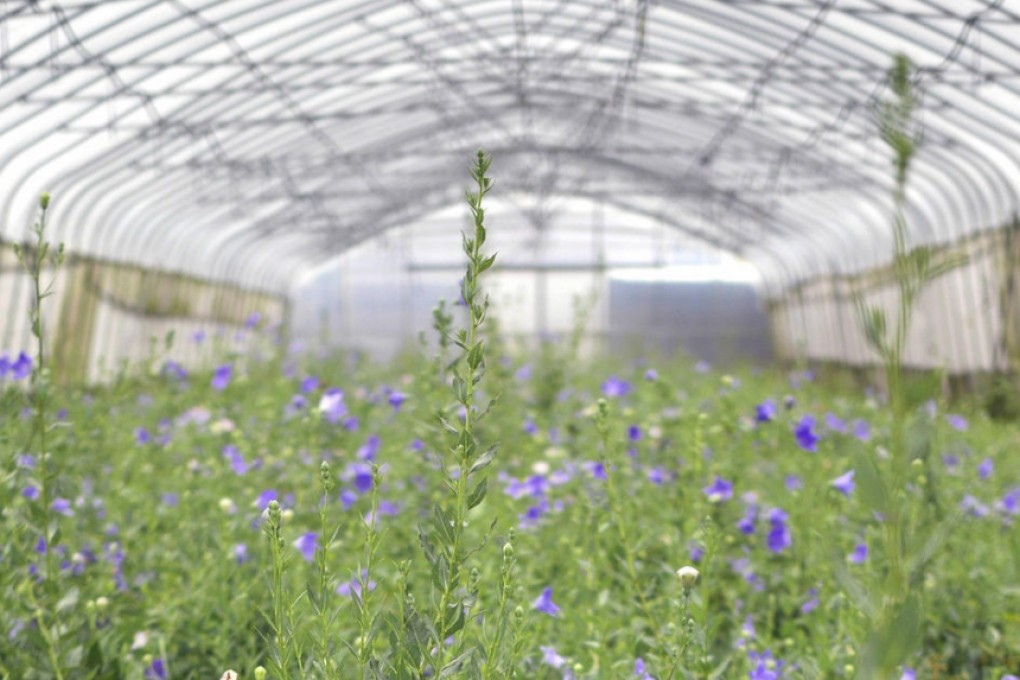China's organic food boom driven by personal, rather than environmental, concern
The growing desire for organic produce in the mainland may not be driven by environmental concerns but it is still a step in the right direction, writes Casey Hall.

If the polluted air doesn't get you, the poisoned food just might.
With stories of tainted products breaking in the media with monotonous regularity, food-safety scandals are all too familiar to mainlanders. The list is long and terrifying: thousands of dead pigs found floating in Shanghai's Huangpu River; watermelons pumped full of growth hormones spontaneously combusting; the heavy metal cadmium in rice; toxic melamine in infant formula; arsenic in soy sauce; bleach in mushrooms; detergent in pork …
Buying food, breathing air, drinking water; all these necessities have become increasingly risky for Chinese consumers - many of whom have benefited from the decades of rapid development that precipitated the current state of affairs.
"It's hard for Chinese people to turn away from the way they've been doing things, a way that has caused so much growth and been responsible for so much wealth and happiness," says Amena Schlaikjer, a proponent of the Lohas ("lifestyles of health and sustainability") movement and consultant to a number of aspiring sustainable enterprises on the mainland. "It's hard to shift your thinking to a place where [you recognise] these methods are the very things poisoning you."
Nevertheless, an increasingly educated and well-off middle class is driving a trend for sustainable and organic products in the country, says Shaun Rein, managing director of market research firm CMR China. Such products are seen as not only healthier but also symbols of wealth that are ripe for the flaunting.

"Pollution is so bad in China that consumers are rethinking, reprioritising what's important in life," says Rein. "So instead of spending money on a Louis Vuitton bag, they are choosing to spend it on products that make their lives better.